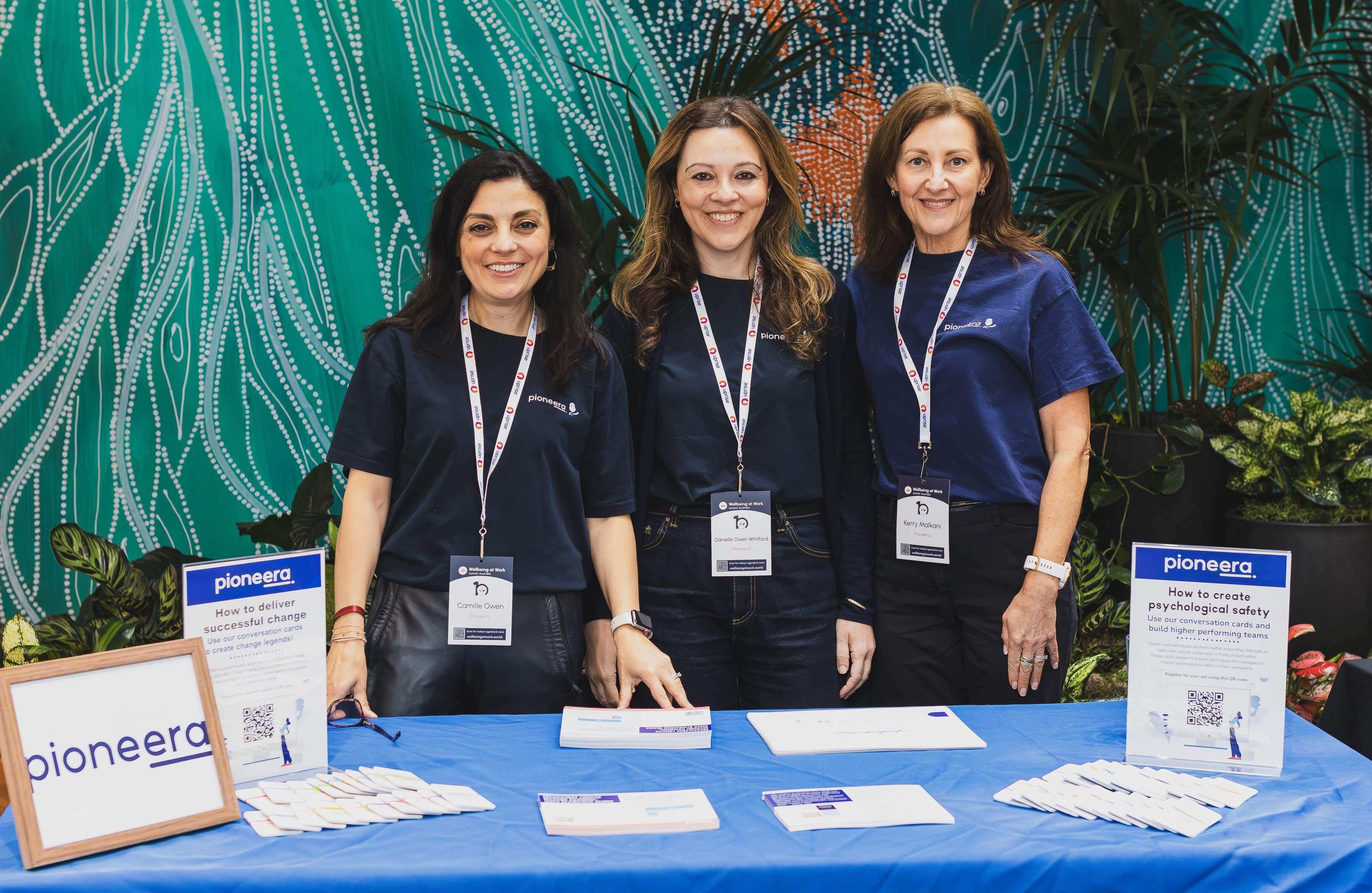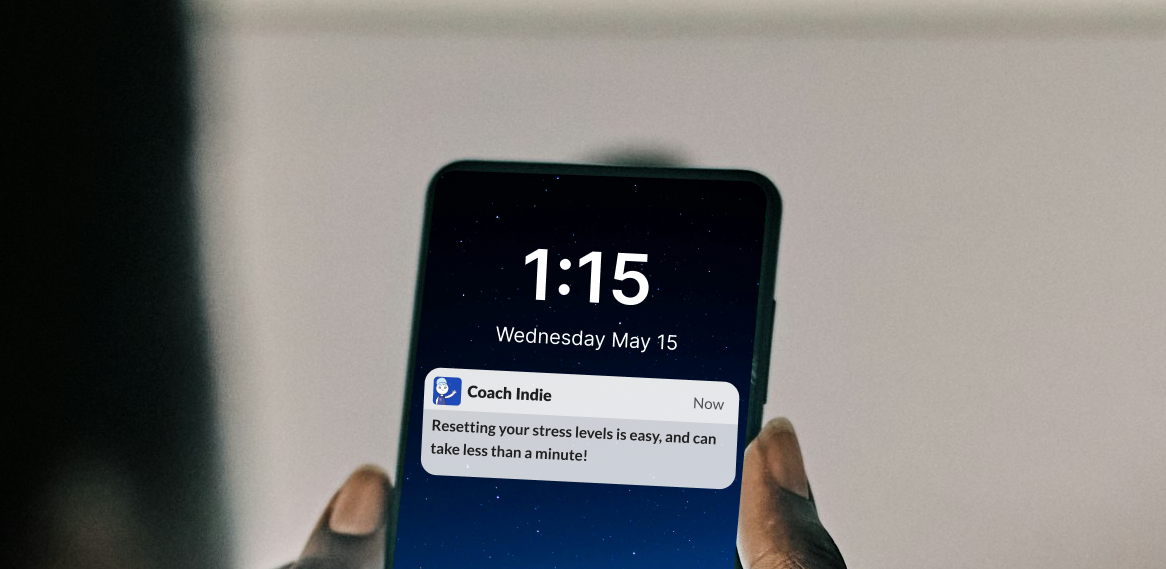Take 5 with Pioneera is a series of micro interviews with key business leaders on wellness, leadership, productivity and workplace culture.
This week we’re taking 5 with Tiffany Slater.
Tiffany is a Leadership Coach and Chartered Accountant with a background in investment banking and sport. The combination of psychology and accounting, along with experience in strategy and change management has seen Tiffany in a range of roles across different industries, the latest in women’s sport and wellbeing, diversity and performance at the NRL.
Tiffany was awarded AFR BOSS Young Executive 2020.
Welcome, Tiffany!
1. What does your workday routine look like?
Over the past few years, I have really noticed that how I start my day can shape how the rest of the day unfolds. My routine now is to start the workday with exercise and a solid breakfast to kick me into gear. My days working from home usually start with clearing out my inbox for quick wins and momentum, and fighting the most urgent fires. If I am lucky, there will be a few hours of strategic thinking in there.
When I am in the office, I intentionally focus on connecting with people, so the days are usually meeting-heavy. I try to finish each day with non-work activities – seeing or speaking to family or friends – to move my mind out of work mode before bed!
2. How do you stay focused and maintain a positive mindset when things get crazy busy?
I have a few tools in my kit that I draw on but they take practice. I am deadline driven, so if the workload is particularly heavy, I try to sprinkle quick wins amongst the larger tasks to feel that continuous momentum. If I start feeling overwhelmed, I know I need to change the scenery and get my body moving – leave my desk, walk outside, call my mum, come back fresh.
I’ve also learnt to notice the self-talk and if it starts diving to the negative space, I will pause and reflect on why I feel that way and consider some ways to shift it. The more I practice this, the faster I can do it in the moment.
3. What are your three must-haves for a healthy work-life integration? And why?
I find it helpful to use sporting analogies to understand high performance cultures and apply it to corporate life – we are, after all, corporate athletes. For true work-life integration, I need to be able to bring my whole self to work and to life - that means I keep in check the physical, emotional, spiritual and mental.
I have found that the three things we all know, but sometimes struggle to implement, are the things that truly shape my ability to be at my best at home and at work (just like any athlete) – exercising in the morning, eating nutritious meals, getting eight hours sleep.
4. What’s your top tip for creating a thriving workplace culture?
Trust. Culture is the sum of the relationships at play, and trust is the foundation of thriving relationships. Where there is trust, communication will flow openly and transparently, people will value the greater good over personal agendas, teams will be motivated, and goals will be achieved.
In order to establish trust, there needs to be shared purpose, values alignment, and integrity – or put simply, actions that match words. A simple starting point is to ask people how they are and really listen to understand – show you care.
5. How do you bounce back when things don’t go as planned?
I think this differs for each person, but I have found from my own experience and from those I coach, the key is being aware of your bounce-back patterns. For me to bounce-back fastest, I know I need to first gather data – e.g. seeking clear feedback or understanding where the process broke down; secondly I process internally – try and label how I feel (e.g. frustrated / disappointed / ashamed / indifferent) and why I feel that way; and lastly (not always needed), I process verbally. This step usually involves talking it through with someone neutral who is a good listener!
Understand and measure stress in real-time to build resilient, high-performing teams with Indie by Pioneera






